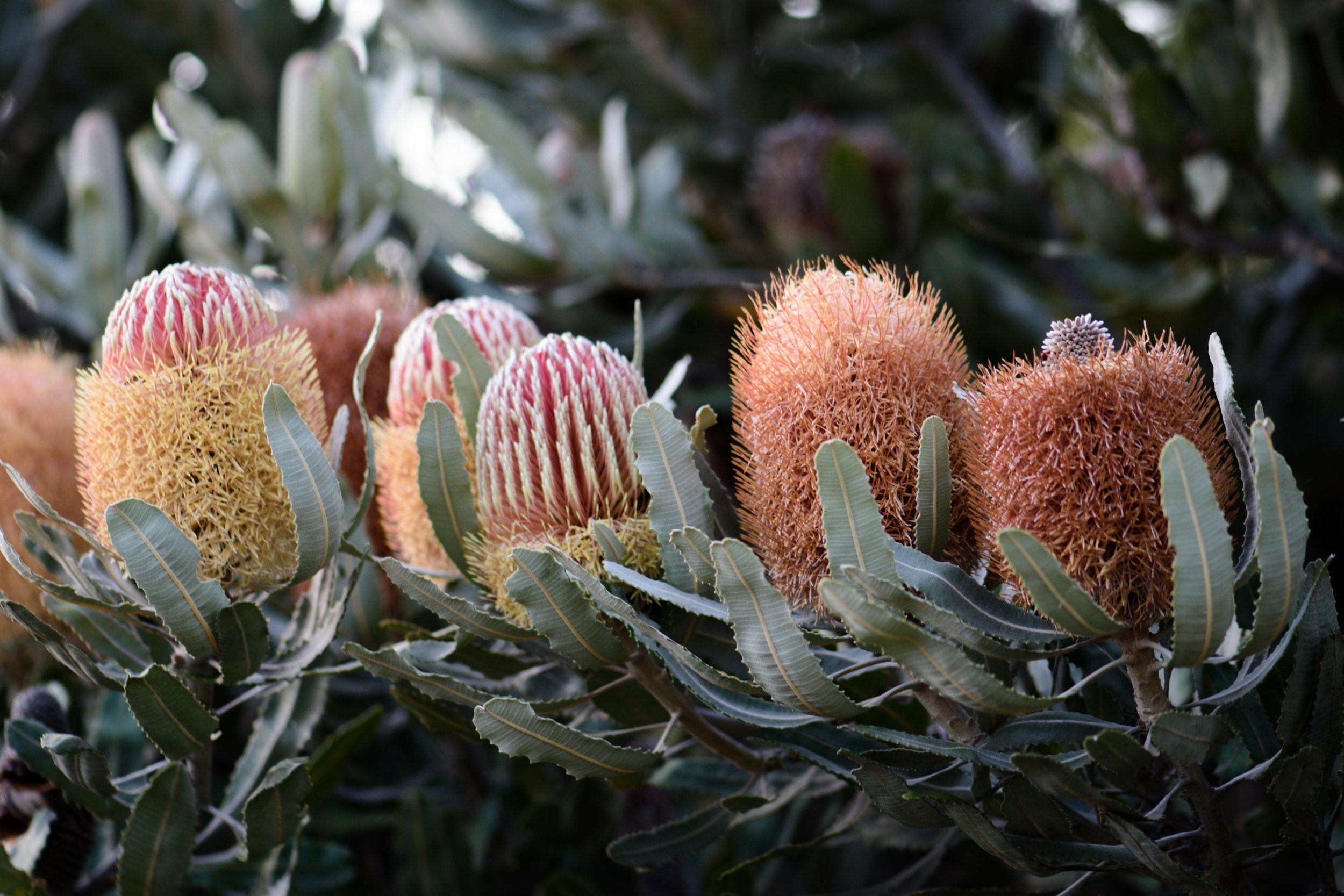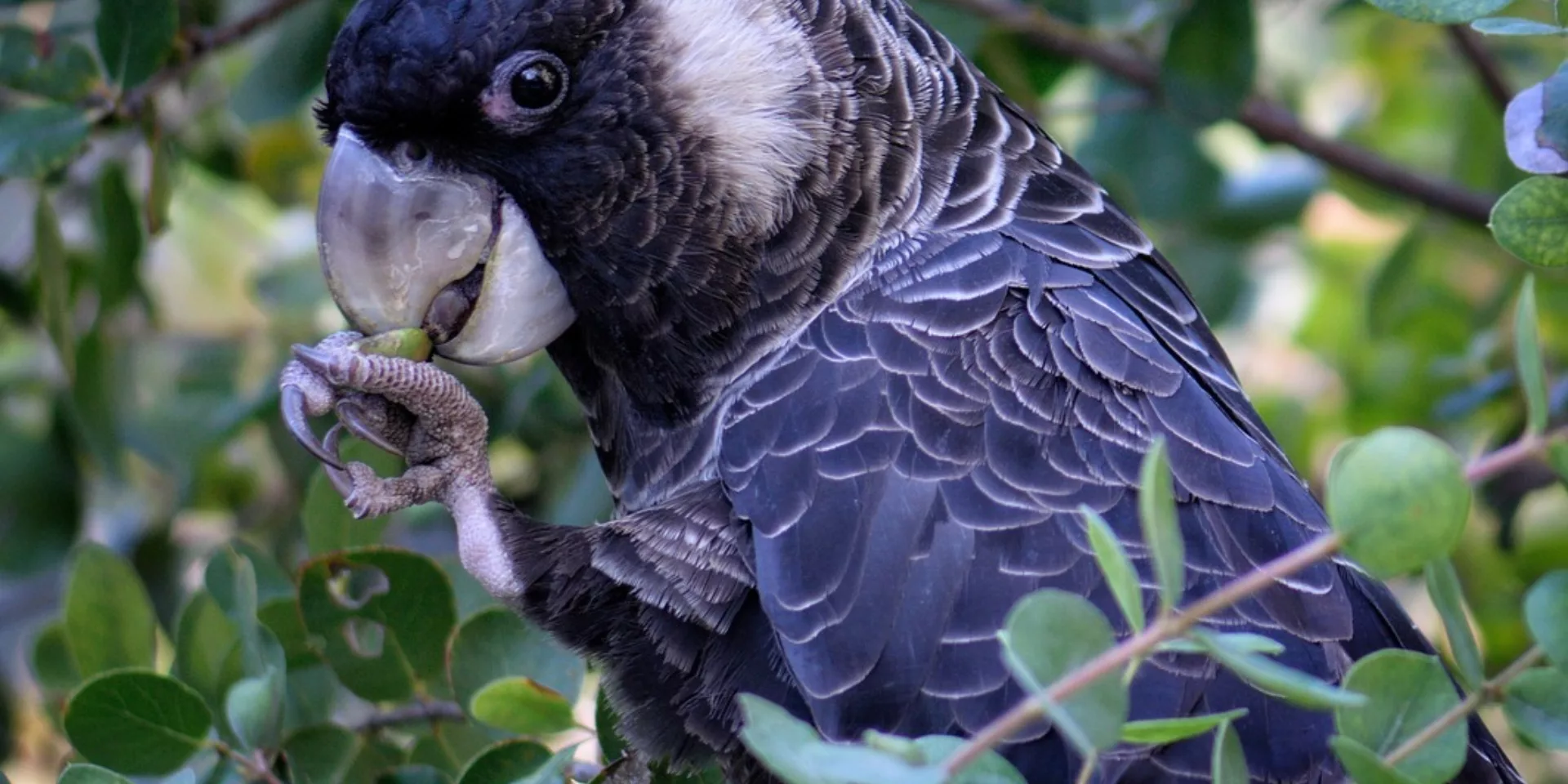Wildlife charities and vets are calling for urgent action to address a crisis in our already endangered Black Cockatoo species. Following the hottest summer since records began in Perth, and late arriving winter rains this year, the Black Cockatoos are starving as their food sources continue to diminish. Black Cockatoos rely on Perth's dwindling banksia woodlands which have been hit hard by the drought conditions. Added to this forest collapse is the continuing land clearance for development across the Perth Metro area which destroys their food and nesting habitat.
"The banksias' poor and irregular flowering and very low seed set was attributable to two key factors; climate change and the largest remaining areas experiencing large prescription scrub burning, scuppering reproductive efforts," said eminent WA conservationist, Professor Kingsley Dixon.
Experts at Perth Zoo and rehabilitation centres across the South West of WA are reporting an alarming influx of starving and emaciated Black Cockatoos. The lack of available food for Black Cockatoos is being attributed to a perfect storm of conditions caused by the impact of climate change, outdated prescribed burning practices and land clearing for development. The poor health of Black Cockatoos is expected to directly impact their breeding season, further reducing their population health.
Scientists reported a 'forest collapse' event earlier this year as large swathes of forests and woodlands began dying due to the long, hot, dry summer. The only previous reported forest collapse event in 2021/2011 saw more than 30% decline in the Black Cockatoo population in the greater Perth region.
Protecting existing habitat and restoring new habitat is crucial to the survival of Black Cockatoos in WA. We encourage planting a range of Cockatoo friendly species to provide food and roosting trees for Black Cockatoos. Important native trees and plants for Black Cockatoo food in South West WA include banksias and sheoaks, as well as Marri (Corymbia calophylla) and Jarrah (Eucalyptus marginata) which also offer roosting habitat. Planting a biodiverse selection of species will ensure different flowering times to provide food throughout the year. Each plant is used differently by Black Cockatoos - for flowers, seeds, bark and grubs.

Black Cockatoo Friendly plants on sale at Trillion Trees Native Plant Nursery (subject to availability)
| Botanical Name | Common Name | Noongar Name |
| Allocasuarina fraseriana | Western Sheoak | Condil |
| Banksia menziesii | Firewood Banksia | Bulgalla |
| Banksia sessilis | Parrot Bush | Pudjuk |
| Corymbia calophylla | Marri | Kardan |
| Eucalyptus caesia | Silver Princess | Gungurra |
| Eucalyptus erythrocorys | Red Capped Gum | Illyarrie |
| Hakea lissocarpha | Honey Bush | Djanda |
| Hakea trifurcata | Wavy-leaved Hakea | Berrung |
| Hakea laurina | Pin Cushion Hakea | Kodjet |
For more information about how to plant a cockatoo friendly garden please visit our Native Plant Nursery in Hazelmere.

